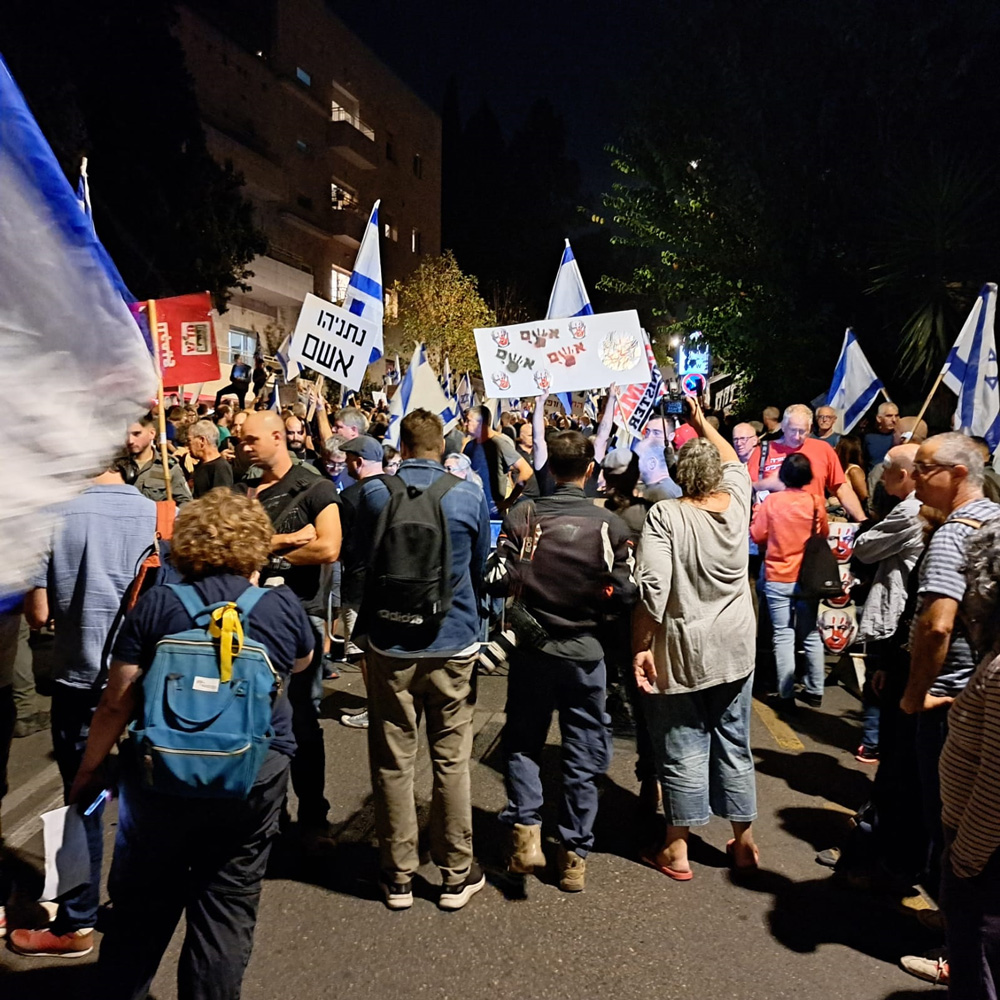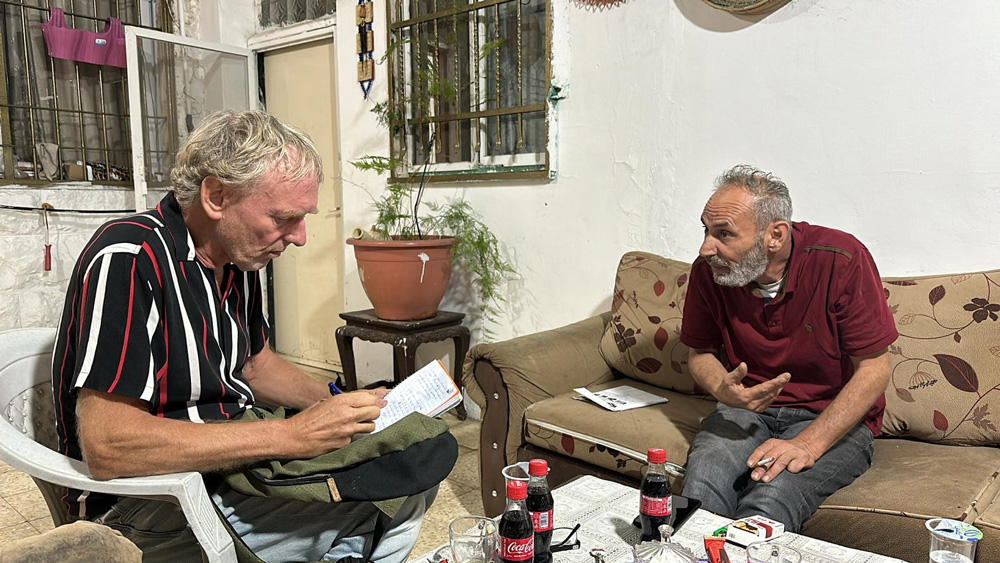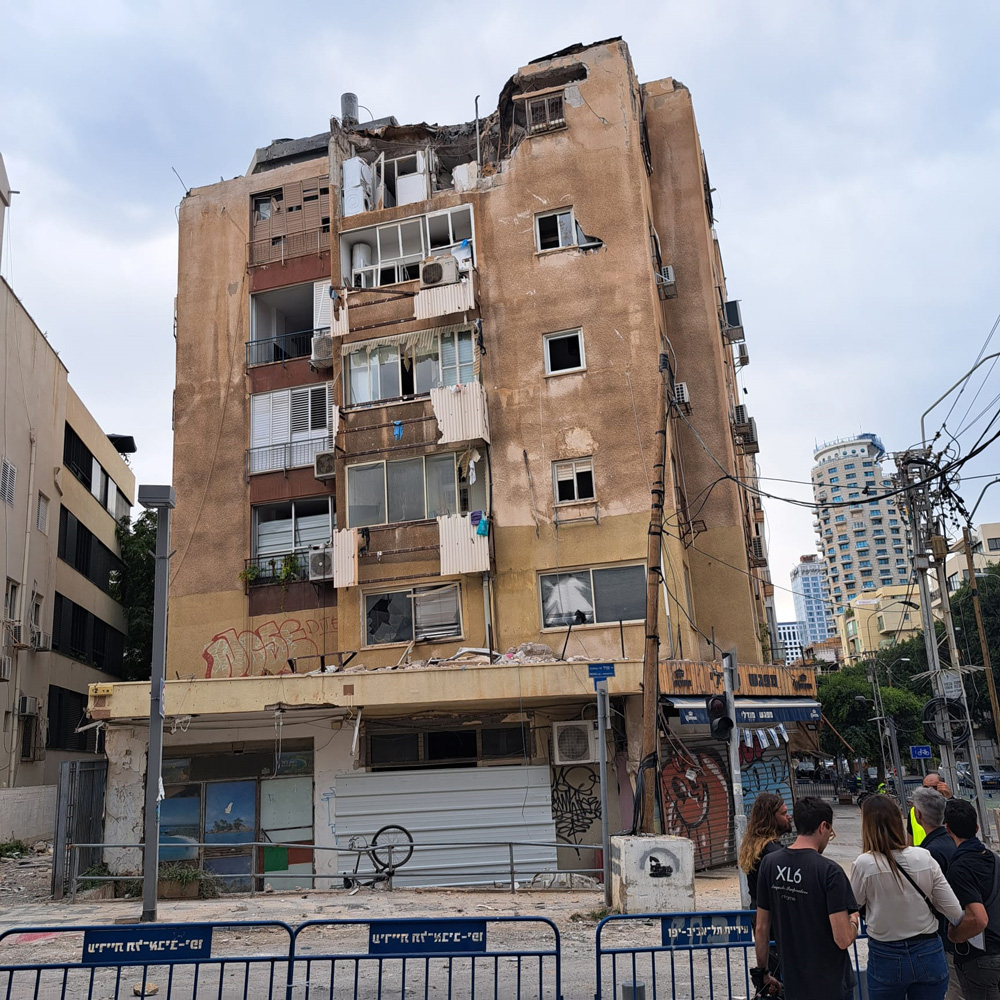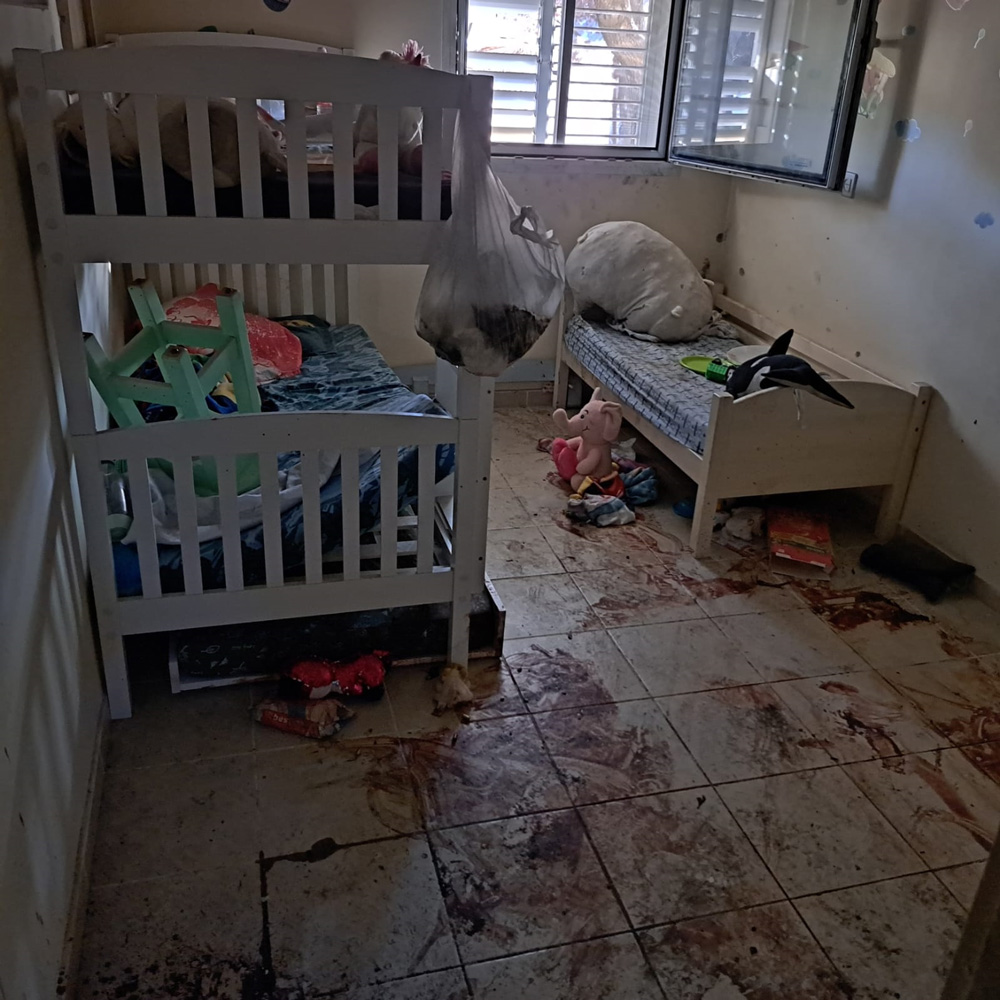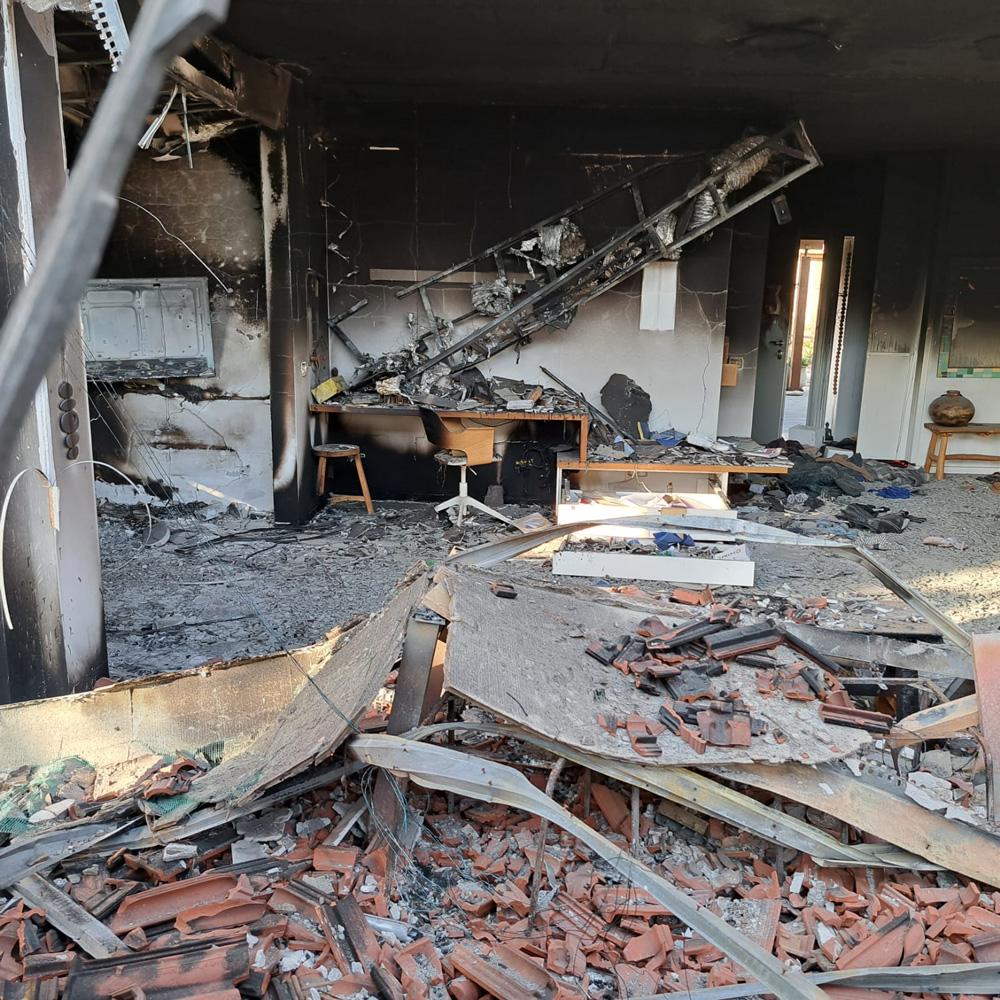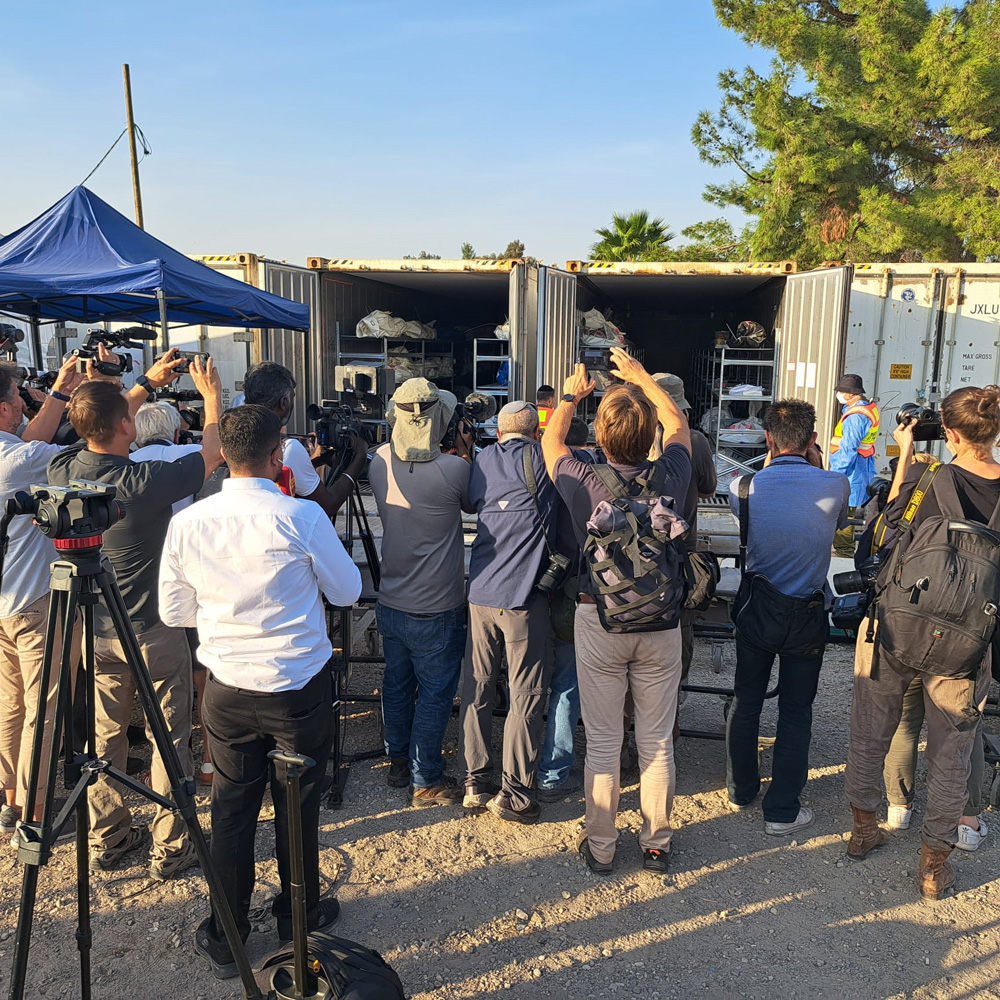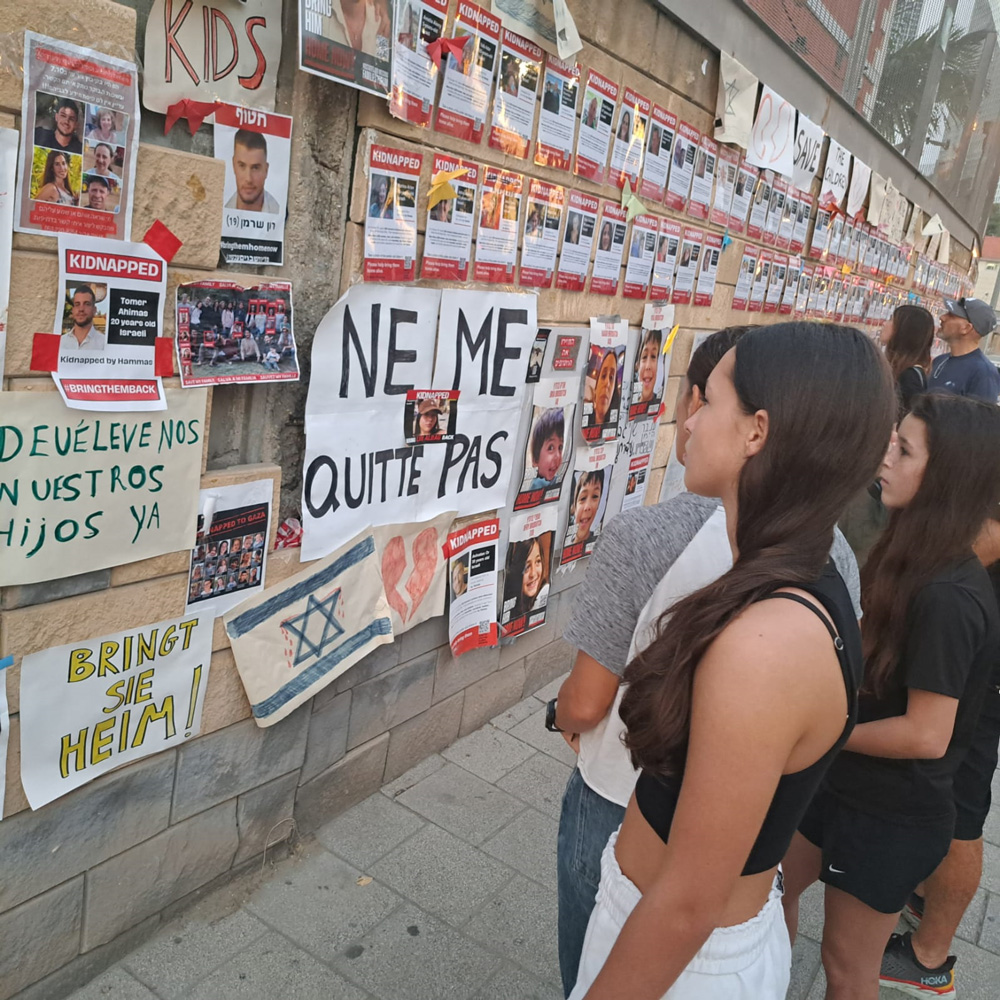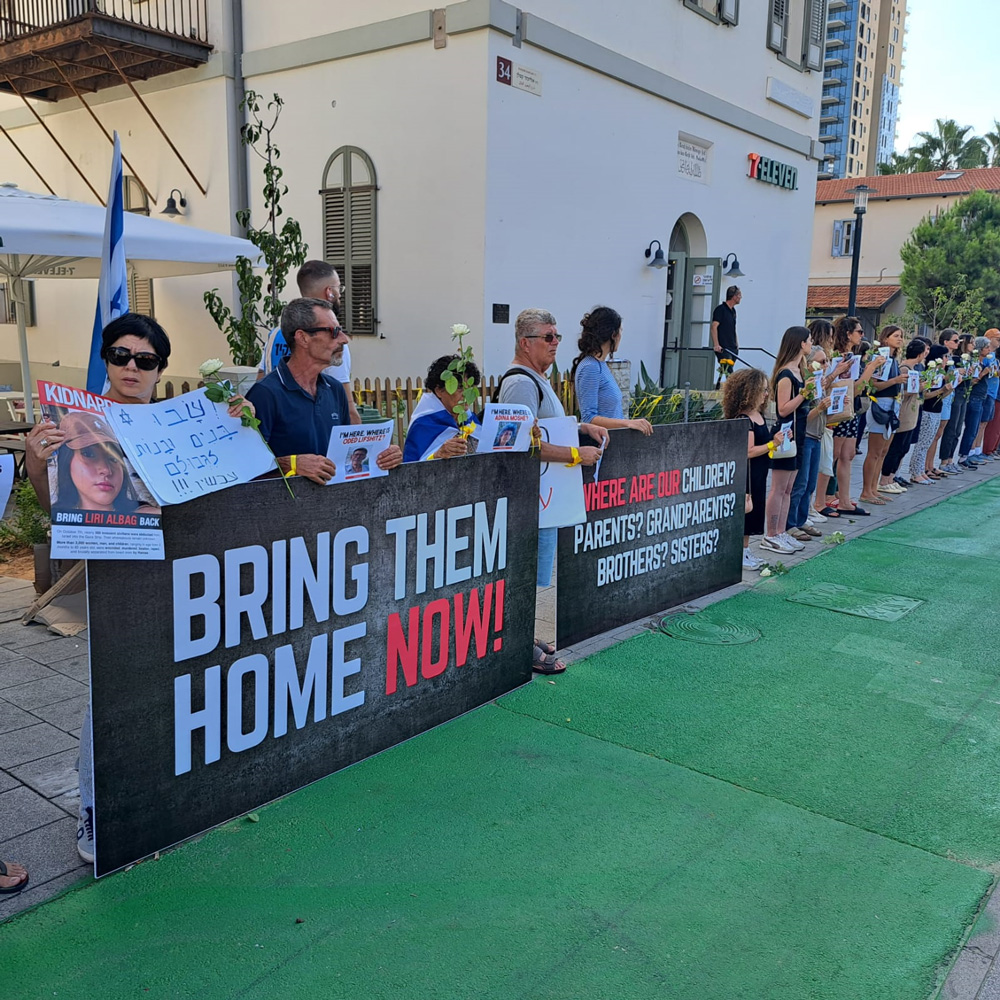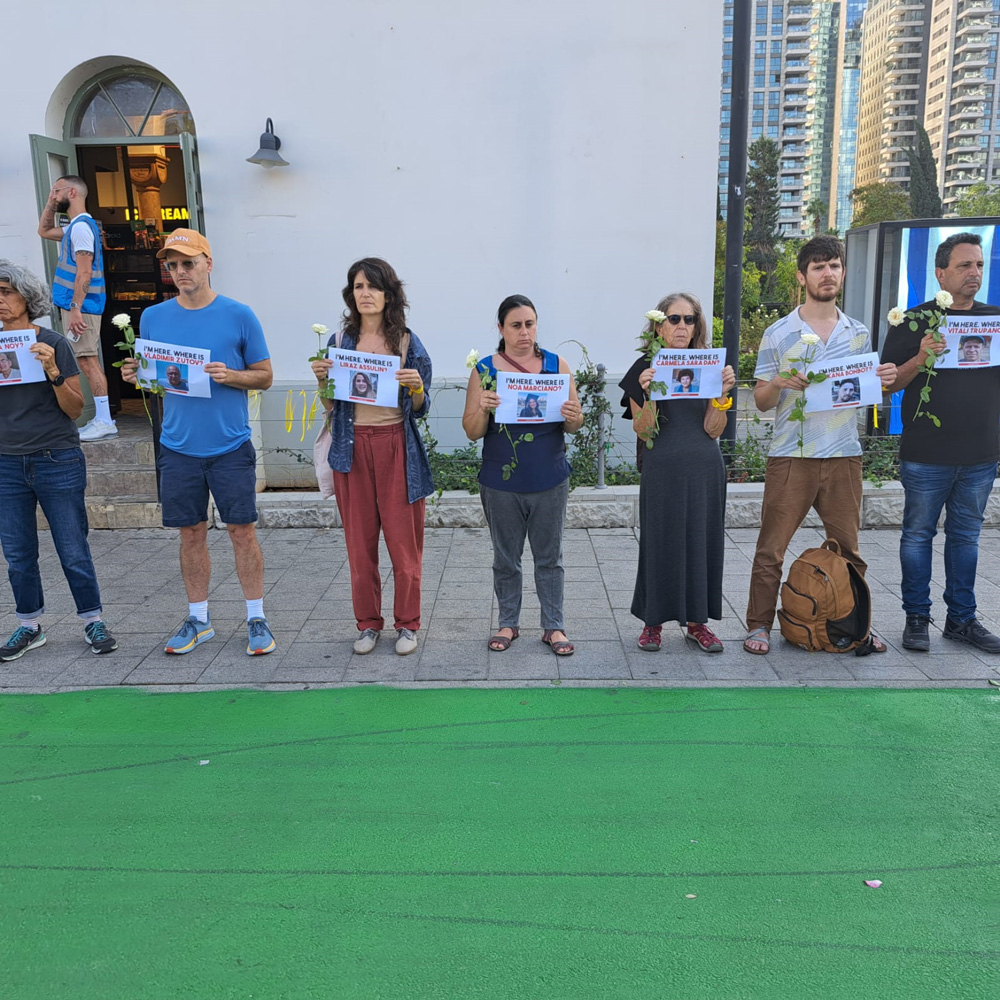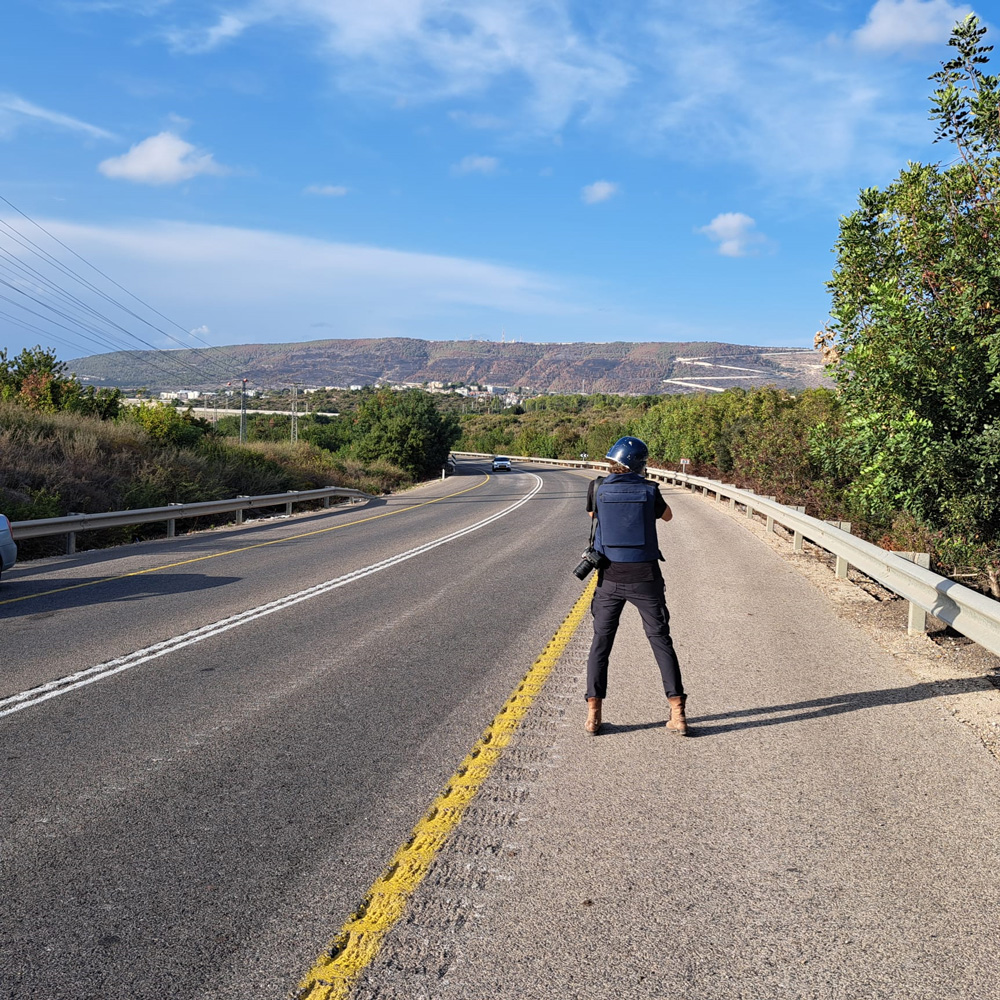What Israel fears above all
Is Israel guilty of genocide in Gaza? That question is central to case that South Africa filed before ICJ in The Hague
January 13, 2024
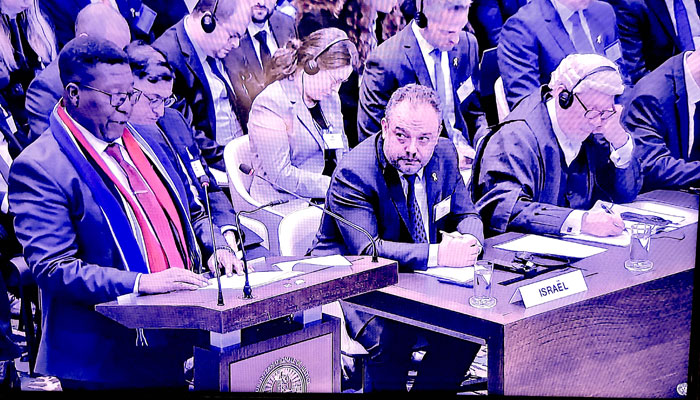
Is Israel guilty of genocide in Gaza? That question is central to the case that South Africa has filed before the International Court of Justice in The Hague, the most important judicial body within the United Nations.
Yet the question of guilt is not the most urgent concern of Israel, the accused party. The court may indeed find that the people of Gaza are victims of an attempted genocide carried out by the Israeli army. But that will be dealt with later, in a procedure that could take years.
What Israel now fears above all is that the court will take "provisional measures", possibly as early as January, requiring Israel to stop the military operation in the Gaza Strip. This "to protect the rights of the parties" while the case is before the court, in the terminology of the court’s statute.
That fear became clear during the first preparatory session, on January 11 and 12 at the Peace Palace in The Hague. On the first day, South Africa presented its plea. The next day it was the defendant’s turn. Of course, the Israeli counsellors immediately argued that the accusation of genocide was without merit.
However, the main purpose of this was to demonstrate that prima facie there was no question of genocide. In that case, the court has no jurisdiction and there would be no need to open a case at all. On this question — is it prima facie plausible that the Genocide Convention has been violated? — the judges must rule at short notice, even before the substantive hearing of the case.
Provisional measures
The second matter on which the judges must quickly provide clarity is that of provisional measures. Not that Israel will comply with such an order — the chances of that are small. Although such court decisions are binding, there is no authority that can enforce Israel. At most the Security Council, but there Israel enjoys protection from the American veto.
However, extremely harmful for Israel if the court orders provisional measures, is the loss of face. The country’s international isolation will then become even greater. And if Israel ignores the judges’ order, it will confirm an accusation that it already faces, namely that it does not care about international law — as the illegal settlements indicate.
The International Court of Justice is not some UN body with a tarnished reputation, it is a highly authoritative institution. It handles disputes between states and sometimes provides legal advice. More than anything else, its judgments are decisive for the state of international law. The fact that Israel has decided to participate in the hearings will make it difficult to dismiss a ruling by the judges as irrelevant.
Moreover, if the court decides to proceed with a substantive hearing, the allegation of genocide — and the possibility of a conviction — will continue to hang like a malodorous cloud over Israel for years to come. Something like: Guilty until proven innocent.
To limit the damage to its image from provisional measures, Israel may decide — undoubtedly under pressure from the US — to continue the fight at a reduced scale of violence while also allowing more humanitarian aid.
In that sense, a provisional order from the court can have an immediate effect, even if Israel continues to be obstructive. In fact, the Israeli army has recently scaled down operations and withdrawn some of its troops from the Gaza Strip. Perhaps South Africa’s lawsuit filed in The Hague, on December 29, 2023, played a role in that decision.
Of course, the scenario can also work the other way. If there are no interim measures, the Netanyahu government will breathe a sigh of relief. If the court subsequently decides not to open a case at all (for example because it believes it has no jurisdiction), the blue and white flag with the Star of David can be raised in Jerusalem. Israel can then argue more forcefully that there is no question of genocide. South Africa will have to lick its wounds, as will the Palestinian resistance and its supporters.
‘Spare no one’
However, the process has only just begun. First, the court must determine whether South Africa can make an application. This will most likely be the case, on the basis of the Genocide Convention, to which both countries are parties.
The court must then determine whether it has prima facie jurisdiction, a decision that Israel can challenge again on appeal. In the meantime, the court must decide on provisional measures.
It is possible that the judges grant only part of the measures sought by South Africa. For example, no general ban on military operations, but the obligation to allow more aid into the Gaza Strip, or the obligation to prevent calls for genocide.
Substantive treatment can then take years. An outcome is difficult to predict. The highest hurdle for South Africa is to prove Israel’s intention to — in the words of the Genocide Convention — "completely or partially destroy" a population group as such.
The fact that Israel may have violated the laws of war in the Gaza Strip, for example by causing unnecessary civilian deaths during bombings, is actually not relevant in the case before the International Court of Justice, no matter how strange that may sound. The bar is much higher: The case pertains to genocide, the crime of all crimes.
It must be said: The pleading that South Africa submitted and explained in detail on Thursday, January 11 contains a shocking list of statements by Israeli dignitaries, who have openly stated that the whole of Gaza must be gotten rid of. There was not a word of French in there.
For example, President Isaac Herzog said at a press conference that there are no innocent civilians living in Gaza: "The entire nation is responsible.’ Prime Minister Benjamin Netanyahu menacingly referred to the Jewish revenge against the Amalek tribe, about which the Bible says: ‘Spare no one, kill both men and women, children and infants, camels and donkeys.'"
Leading figures have argued that Gaza should be cut off from all aid and made uninhabitable. "The north of the Gaza Strip is more beautiful than ever," tweeted Heritage Minister Amihai Eliyahu. "Everything is blown up and flattened, simply a pleasure for the eyes." In an interview he suggested dropping a nuclear bomb on Gaza.
Israel’s response at the Hague on January 12 was that its army had not translated such statements into a genocidal approach. The trauma of the October 7 massacre by Hamas, Israeli counsellors said, has caused some individuals to make extreme or even "obscene" statements. However, these do not reflect the policies of Netanyahu’s war cabinet. That policy, they said, is aimed at preventing civilian deaths as much as possible.
The Israelis used a significant part of their time — with photos and videos — to outline the atrocities committed by Hamas on October 7: Murder, rape, mutilation and kidnapping, including of children. Israel has, they said, the right to defend itself against it. "Hamas itself has a genocidal agenda — destruction of the Jewish people," said Tal Becker, the head of Israel’s legal team.
Israel’s legal headaches
Israel has two other legal headaches. A year ago, the UN General Assembly asked the International Court of Justice to rule on the ‘legal consequences’ of the occupation of the West Bank and Gaza. The hearings for this will start on February 19.
Twenty years ago, the court made a (non-binding) ruling on the construction of the Israeli wall in the West Bank. This was illegal, according to the court, which quickly determined that all Jewish settlements were illegal. "The Court concludes that the settlements in the Occupied Palestinian Territory (including East Jerusalem) have been established in violation of international law." The court decision put an end to any possible doubts about the issue.
Finally, the International Criminal Court (ICC), also located in The Hague, is investigating possible war crimes and crimes against humanity committed by Israel and Hamas. Unlike the International Court of Justice, which hears disputes between states, the ICC focuses on individual violators. Israel has not recognized the criminal court, but Palestine has. Therefore, the ICC can take up the case.
Chief prosecutor Karim Ahmad Khan has already made it clear that he will give the case priority. In early December, the British-born lawyer visited Israel and the West Bank, where he spoke with, among others, Palestinian President Mahmoud Abbas.
His statement afterwards gave the impression that Hamas in particular should be concerned. Khan emphatically condemned the actions of "Hamas and other terrorist organisations". In the kibbutzim and on the grounds of the Nova festival, "I witnessed scenes of calculated cruelty," he said. The October 7 attacks on "innocent Israeli civilians constitute some of the most serious international crimes that shock the conscience of humanity, crimes against which the ICC was established".
Khan’s tone was more cautious regarding possible violations of the laws of war by the Israeli army. "Credible allegations of crimes must be subject to independent review and investigation," he said.
Acts of genocide, in addition to war crimes and crimes against humanity, also fall under Khan’s mandate. However, it is quite possible that he does not want to get his fingers burned on this, as long as the question of genocide is still pending before that other court in The Hague.
Rob Vreeken is the Istanbul correspondent for the Dutch daily newspaper De Volkskrant. He is the author of three books: ‘Bombay hyperstad’ (2006, about life in the Indian mega city), ‘Baas in eigen boerka’ (2010, about women in the Islamic world) and ‘Een heidens karwei’ (2023, about the failed Islamisation of Turkey under President Tayyip Erdogan).
This piece was written for Sapan News Network and is available for syndication with due credit to www.sapannews.com
